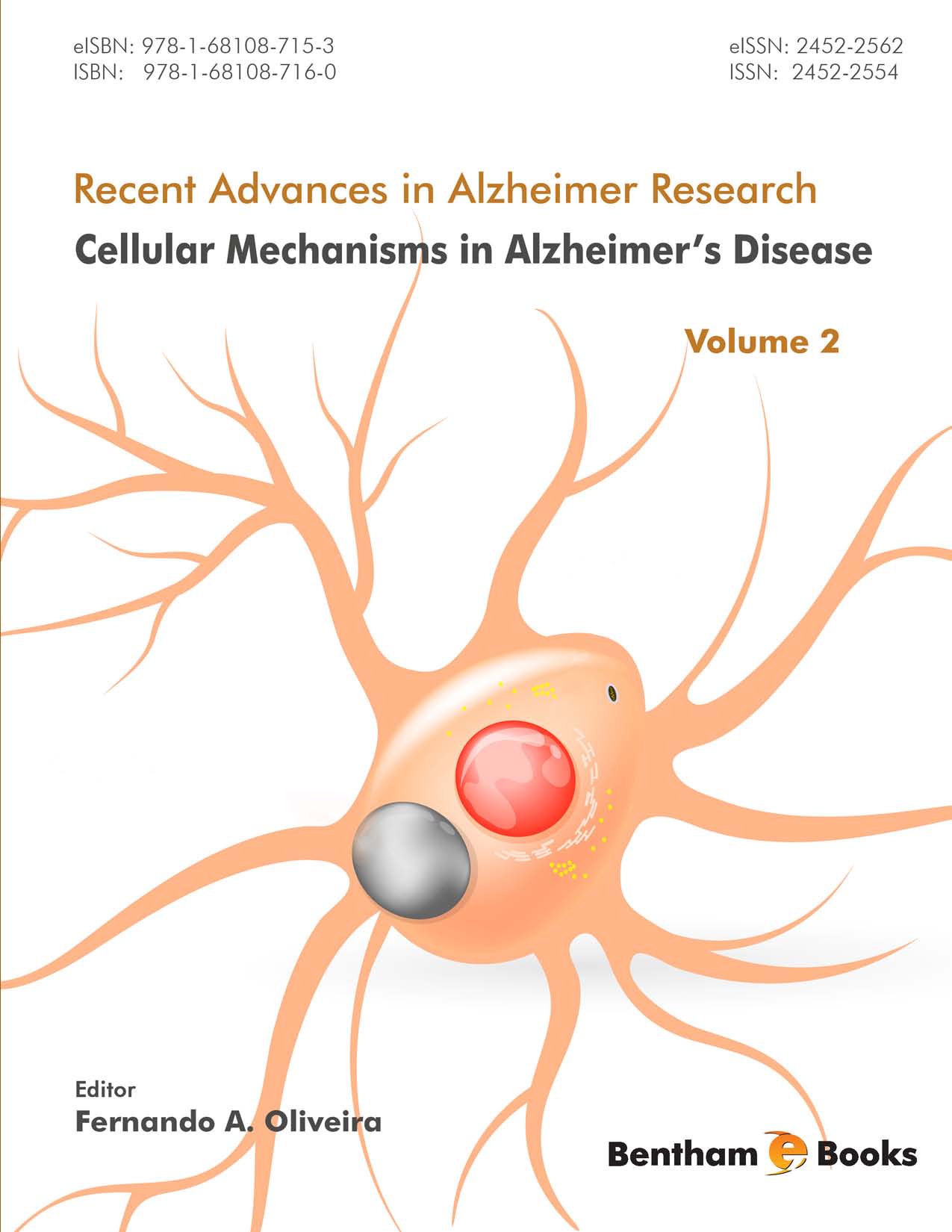Introduction
Alzheimer’s Disease (AD) is the product of the slow and progressive degenerative alteration that develops in the adult brain and can remain asymptomatic for a considerable time before cognitive deficits becomes evident. The main challenge for researchers is to identify markers of this degenerative process, and, in this sense, data has been generated through experiments bringing to light new mechanisms and hypothesis to explain its pathophysiology.
This book is a review of recent studies in AD molecular biology. Chapters explain various facets of AD, which include animal models, morphological changes, membrane composition, amyloidogenic peptides, intracellular transport systems, and the role of oxidative stress and calcium deregulation.
Readers will understand the molecular mechanisms behind AD and therefore broaden their perspective on this neurodegenerative disease and its progression.

